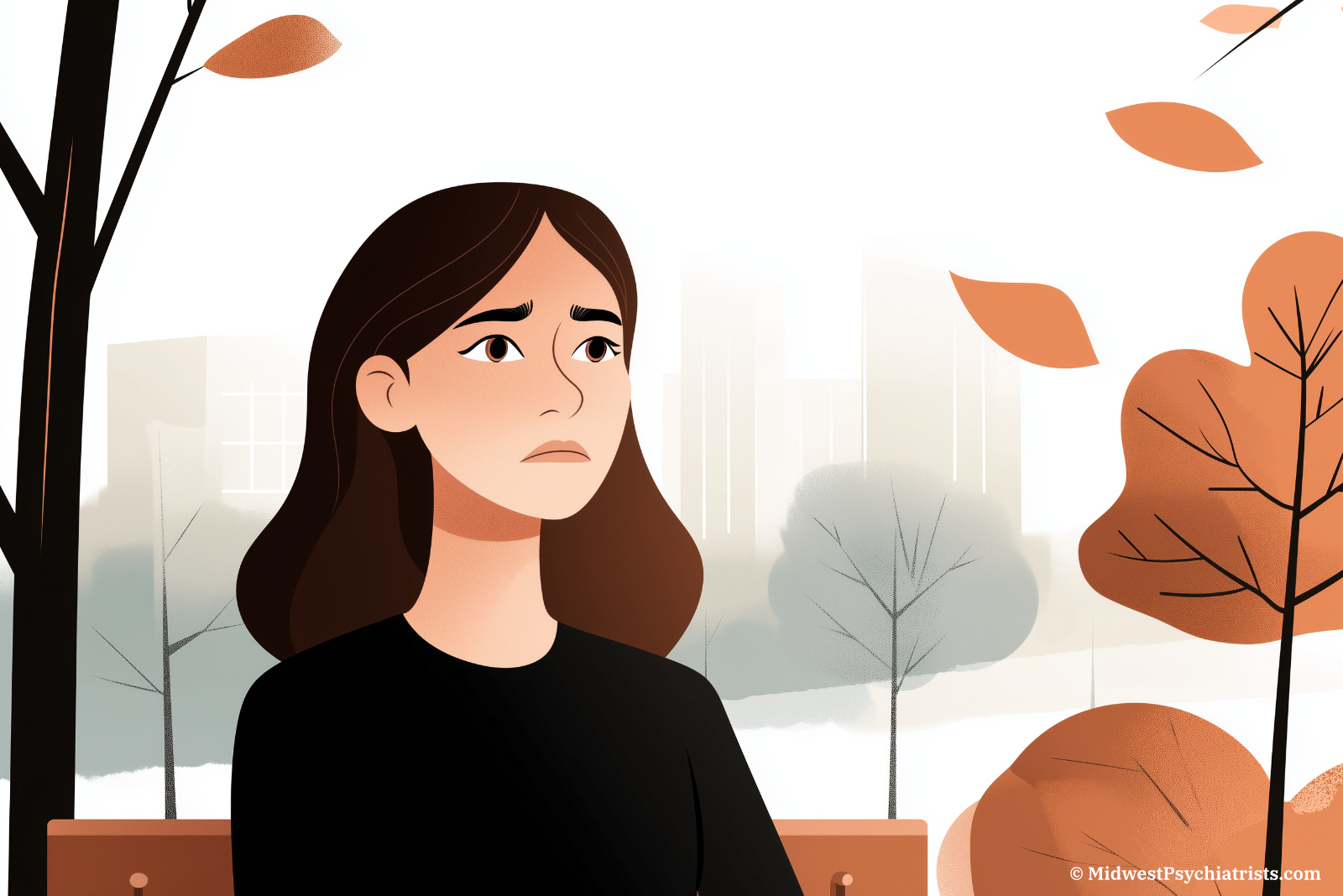One of the most common things I hear from patients is some version of this: “I don’t understand why I feel this way. I have a good job, people who love me, and nothing really ‘bad’ is happening—so why am I still depressed?”
If this sounds familiar, you’re not alone. Many people struggle with persistent sadness, fatigue, lack of motivation, or emptiness, even when—on the outside—their life appears “fine.” It’s confusing and often accompanied by guilt or shame. People feel like they should just be grateful, or that they’re being ungrateful for feeling low. But here’s the truth: depression doesn’t always wait for a crisis to show up.
Depression Isn’t Always About External Circumstances
While life stressors like grief, trauma, or financial hardship can certainly trigger depression, many cases arise without an obvious external cause. Depression is a medical condition, not a personal failing. It often involves imbalances in brain chemistry, patterns of negative thinking, disrupted sleep and energy cycles, and even genetic predispositions.
Just like someone can have high blood pressure without “doing anything wrong,” someone can be depressed even if their life seems objectively okay.
High-Functioning Depression: Hiding in Plain Sight
Some of the people I treat are incredibly successful on the outside—they show up to work, take care of their families, and even smile in social situations. But on the inside, they feel numb, disconnected, or exhausted. This high-functioning depression or persistent depressive disorder can fly under the radar for years.
Often, people who’ve felt “off” for a long time come to me only after they realize their sense of joy and engagement has been missing for months—or even years.
“But I Thought This Was Just Life”
It’s common to chalk up persistent low mood to being tired, stressed, or just getting older. But if you’ve stopped enjoying things you used to love, feel like you’re just “going through the motions,” or find yourself questioning the point of it all, it may be time to consider that depression is playing a role.
The good news? Depression is highly treatable.
What Treatment Can Look Like
Treatment isn’t one-size-fits-all, and it doesn’t always mean starting medication right away. The most effective approach often includes a combination of:
- Cognitive Behavioral Therapy (CBT): This form of therapy helps you identify and shift unhelpful thought patterns that fuel depression. Many people are surprised by how deeply their inner self-talk shapes their mood and energy.
- Behavioral Activation: Depression often leads to withdrawal and avoidance, which only worsens the symptoms. Behavioral strategies help reintroduce rewarding, energizing activities in a manageable way—rebuilding a sense of purpose and momentum.
- Medication Management: For some, antidepressants can be life-changing, especially when symptoms are moderate to severe. I’ve seen patients go from feeling emotionally flat or constantly irritable to re-engaging with life in meaningful ways. Medication isn’t about “fixing” you—it’s about giving your brain the support it needs to heal.
“Why Didn’t I Do This Sooner?”
I hear this all the time from patients who finally start feeling better after weeks or months of treatment. The shift can be so dramatic that they regret waiting so long—often because they thought their pain wasn’t “bad enough” or that they had to earn the right to ask for help.
But you don’t have to wait until things fall apart to reach out.
You Deserve to Feel Better
If you’re living a life that looks “fine” on the outside but feels like a struggle on the inside, know that you’re not making it up, and you’re not alone. Depression is common, treatable, and nothing to be ashamed of.
Getting help doesn’t mean you’re weak. It means you’re ready to stop surviving and start living fully.
If this resonates with you or someone you care about, consider speaking with a mental health professional. There is hope, and there is help. Reach out to Dr.Anders or Dr.Lynch to be evaluated today.

